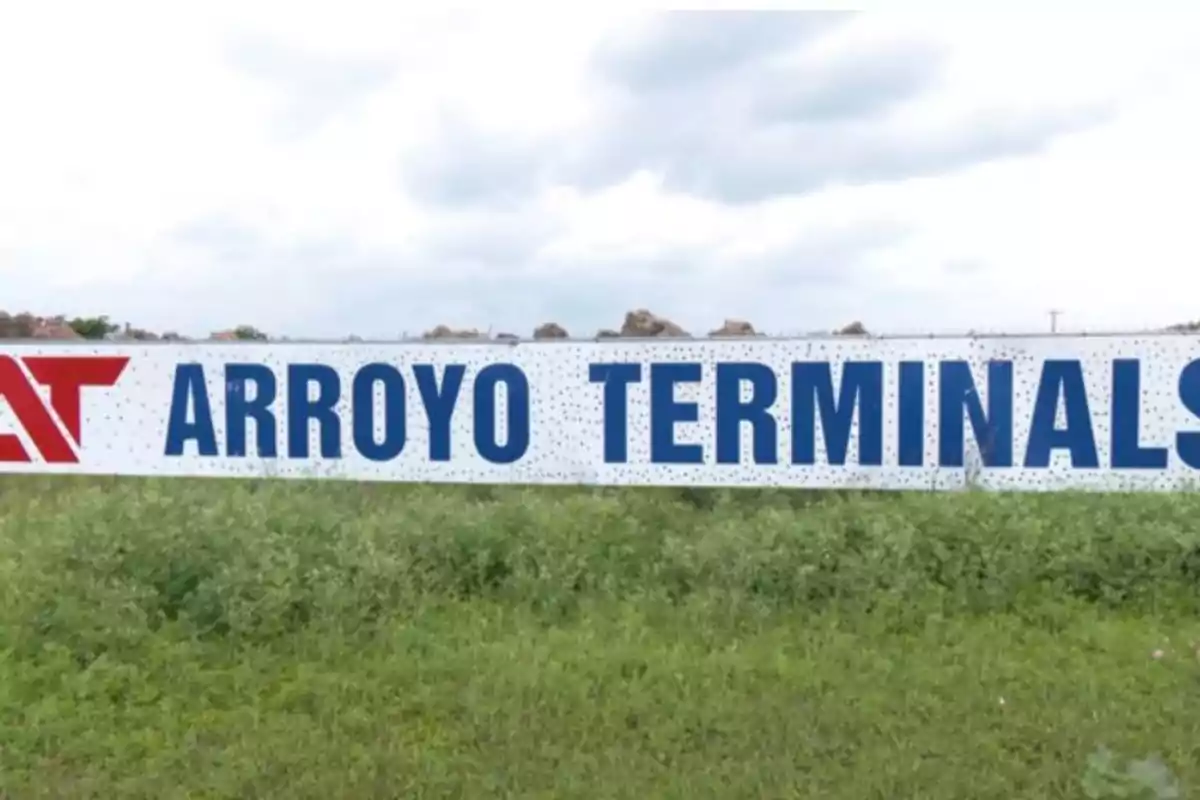
Utah businessman is accused in the U.S. of trafficking stolen oil from PEMEX
Maxwell Jensen is said to have operated a family network from Texas to launder crude oil illegally extracted from Tamaulipas
The huachicol crisis no longer only shakes Mexico. It now reaches American soil with the case of Maxwell Sterling Jensen, a young 25-year-old entrepreneur from Utah accused of buying stolen oil from Pemex and illegally trafficking it to Texas.
A federal judge set a $750,000 bail, considering the high flight risk and the magnitude of the crime, which includes money laundering and customs fraud.
Arroyo Terminals: front for cross-border trafficking
Maxwell Jensen is co-owner of Arroyo Terminals, a plant near Río Hondo, Texas, where thousands of gallons of stolen crude allegedly were stored, transported from Tamaulipas.
The accusation indicates that the oil was disguised as industrial waste to evade taxes and border controls. Once in the U.S., it was distributed by barges to various destinations within the state.
The case is not isolated. Meanwhile, Jensen's parents and brother are also charged, allegedly forming a family network for laundering stolen crude.
The prosecution claims that Jensen made multiple trips to the Bahamas, where the family owns properties and opaque bank accounts, a typical pattern of international asset laundering.
Tamaulipas, epicenter of energy plundering
This case once again puts Tamaulipas under scrutiny, one of the red flags of fiscal huachicol in Mexico. From there, criminal groups extract crude from Pemex pipelines with the alleged complicity of local authorities and export it through "legal" business networks in the U.S.
Jensen's case adds to other investigations involving shipping companies like Marinsa, with alleged ties to relatives of President López Obrador.
No guarantees: energy security at risk
The U.S. Department of the Treasury considers hydrocarbon theft a risk to binational security. However, as long as Mexico doesn't curb internal corruption, these networks will continue to operate under the shadow of impunity.
The next hearing is scheduled for June, but the question is already inevitable:
Who protects the huachicol from the Mexican side?
More posts: